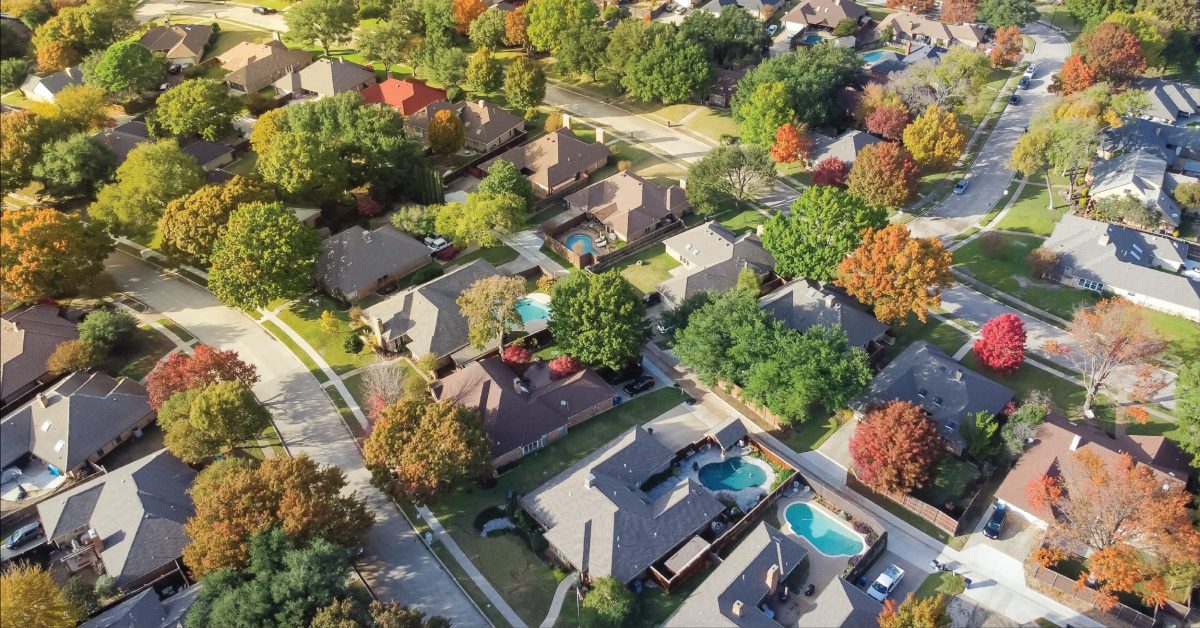Becoming a real estate investor is often seen as one of the most universal signs of personal financial achievement, no matter what your age. While, technically, in the US there is no age limit for getting a mortgage, there are some age-related home buying guidelines you should keep in mind.
How old is too old to get a mortgage?
Because a mortgage is a legally binding contract that allows you to finance the cost of a home over a long period of time, some people might wonder if there are age limits involved. For example, if you’re 75, could a lender refuse to let you take out a 30-year mortgage? After all, the average life expectancy in the United States is 78.6, according to the Centers for Disease Control and Prevention.
The good news for seniors who are looking to buy a house is that it is against the law for a mortgage lender to discriminate against you based on age. The Equal Credit Opportunity Act (ECOA), which came out of the Civil Rights Act of 1964, says lenders cannot deny you credit based on age, as well as other criteria like race, color, religion, national origin, sex or marital status. The Fair Housing Act of 1968 adds even further protections, specifically stating that it’s against the law to discriminate in any residential real estate transaction.
However, there are some instances in which a lender could consider a lendee’s age indirectly. A lender may look at whether you are close to retirement age and make a decision based on your having enough income to handle the loan, according to the Consumer Financial Protection Bureau. But again, in this instance, the disqualifying factor is not your age but rather your ability to manage loan payments.
How young is too young to get a mortgage?
Can age be a discouraging factor when it comes to getting a mortgage if you’re closer to high school graduation age than retirement?
Lenders can’t deny a mortgage application solely because of your age, but states do have laws that determine the age at which a contract can be negotiated. For example, in Virginia, you must be 18 to enter into a legally binding contract, which would include a mortgage.
Your age may also affect your ability to meet other requirements for being approved for a mortgage loan.
- Lenders evaluate your income to see that you have enough to make the mortgage payments. If you’re under 18 or even in your early 20s, it’s unlikely that you’ll have a job in which you make enough to take on a mortgage.
- Lenders also typically require you to have a certain credit history, meaning they may not have enough of a credit history to meet lender’s requirements. Young people who haven’t had time to build a credit history by using credit cards or taking out loans are likely to fall in this category.
- Finally, homebuyers typically need to make a down payment. For example, minimum down payment for a non citizen is 30%. US citizens living abroad and purchasing a second home or investment property may be able to put down as little as 10% if they still maintain a US credit score.
The risks of taking out a mortgage at an older age
- Just because you can legally take out a US mortgage at any age, doesn’t mean it’s always be the wisest move. A mortgage is a long-term commitment, and you want to make sure you’re ready for it. If you’re a senior and thinking about taking out a mortgage, consider the following risks.
- Mortgage debt can hamper your day-to-day finances. When people retire, they typically live on a fixed income. There are no more promotions to look forward to, or year-end bonuses to give your finances a boost. Some seniors may find it challenging to make those mortgage payments month after month, along with their other expenses on a fixed income. If a financial crisis hits, they could experience a financial disaster. The Consumer Financial Protection Bureau points out that this did, in fact, happen during the Great Recession of 2007-09. Many older homeowners struggled to pay their mortgages and eventually foreclosed on their homes.
- Unexpected repairs can throw your budget for a loop. Your mortgage payment isn’t the only thing you’d have to worry about. Most homeowners at some point experience the sticker shock that comes with appliance replacements and major repairs. If you’re living on a fixed income, replacing a roof or buying a new furnace may be too much to handle on top of the regular costs of homeownership. Also keep in mind that if you’re handy around the house and have been able to do your own repairs, you might not be able to do as much physical work as you age. In that case, you’d likely have to pay someone to do the jobs you used to be able to do.
- You’ll likely have less time to build equity. One reason people buy real estate is so they will have something to pass down to their heirs. If you buy a house at an older age, there’s a higher chance you won’t live in the house long enough to build a lot of equity. In that case, if you die and your house is left to heirs who want to sell it, there may not be much of an inheritance for them to split.
The bottom line …
Age plays a role in many of our biggest decisions. Whether we’re thinking about marriage, starting a business or retirement, we often consider whether the timing is right to pursue these goals. While age can’t legally deter you from buying a house, you should always weigh the pros and cons of real estate investing.
Global Mortgage Group has programs which does not require income proof which may assist with obtaining a mortgage at an older age where income may be sporadic. For more information please email – hello@gmg.asia.
- [Super Rare] New Boston condos for sale – only 13 units left!
- Billionaire extracts $25M from his Singapore property
- Why the Trade War Is Making U.S. Real Estate the Hottest Investment of 2025
- Calling all Client Advisors – Offer U.S. mortgages and earn a fee
- Access your international home equity for cash



